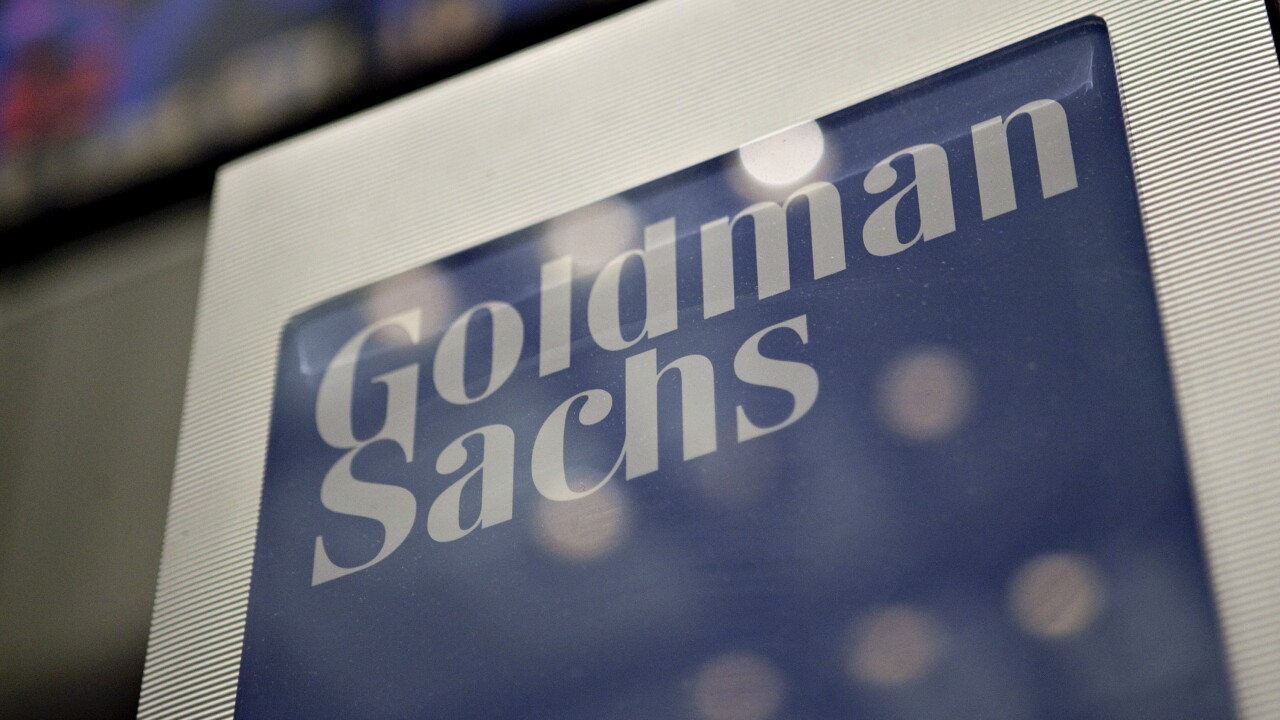CHICAGO – Advisers may tell their clients about the perils of overreacting to events, but advisers themselves may find the world passing them by if they don’t react aggressively to industry developments.
That was the overarching message of an expert panel titled “Practical Advice for an Evolving World” at the annual Morningstar Investment Conference.
While the panelists agreed that the new fiduciary rule will amount to a significant change for the advisory industry, they underscored that the Department of Labor fiduciary regulations set to begin to take effect next year only cover a portion of client assets: those in retirement plans.
“We’re only halfway there,” said Blair duQuesnay, a principal and the chief investment officer at ThirtyNorth Investments, a Louisiana-based RIA firm. “I do not think it goes far enough. I think that the Department of Labor has forced the SEC’s hand and they will have to act” to extend fiduciary regulations to all investment accounts, she said.

The industry would clearly benefit, she insisted, if more was done to codify financial advice as a profession in its own right, rather than as a sales job. “There are so many business models offering financial advice, it’s almost impossible for a layperson to distinguish between advice and sales,” duQuesnay said. “It would be nice to see the industry unite and create a [uniform] credential.” With all the different degrees and certifications of expertise, it’s “like alphabet soup,” unlike professionals who work as CPAs or doctors, she said.
TRUST GAP
“I think everyone benefits when there’s more trust in financial services,” added Don Phillips, a managing director at Morningstar. “Surveys show they’re up there with used-car dealers.”
Part of that perception, duQuesnay said, is driven by commission-based advisers. “There are a lot of honest people” paid via commission, but “the compensation and inventive system makes it very hard for them to act in the best interests of their clients.”
Phillips worried that the fiduciary rule could force advisers to be excessively cautious. He suggested that some aspects of the rule might drive worthy advisers and practitioners away.
“I worry that this forces the industry to play defense more than offense,” said Morningstar’s former longtime research chief. “The way you make money in investing is by not following the crowd. But that requires sticking your neck out” and taking suitable risks – something the fiduciary rule will no doubt discourage.
Phillips also noted how the investing profession is perceived by those who don’t work in financial services, and went on to call out Vice President Joe Biden for bragging years ago that he did not own any stocks or bonds. Phillips found this irresponsible. “We need to reinvent the image,” he said. “I see investing as the responsible act of the broad middle class, not the greedy activity of the 1%.” He fretted that there are “still so many people we don’t touch today.”
ACTIVELY DEBATING ACTIVE-PASSIVE
Part of the conflict for advisers in providing advice in this environment is the ubiquitous industry debate over investing style, the panel agreed. “We have a civil war about active and passive when we should be focused on getting more people investing,” Phillips said.
“Passive has won public opinion, but … it’s missed the point. I think the case for indexing is overstated, but I don’t think the case for low cost has been,” he said.
“The real cleavage,” added Bill Bernstein, the widely followed co-founder of Efficient Frontier Advisors and also a neurologist, “should be between high expense and low expense.”
Despite its sharply increasing popularity, indexing can be dangerous for investors, Bernstein added. “The big danger is when dumb money meets smart beta,” he said. “Investors will pile out at the wrong time.”
As Phillips characterized it, “indexing has been sanctified unfairly. There’s still bad behavior” among some index funds – for example, excessive turnover, which can have significant tax implications and cause shareholders to potentially suffer the consequences of market timing.
A far better choice, he said, would be a low-cost active fund, many of which have been “unfairly vilified.”
AN ALTERNATIVE TO ALTERNATIVES
The experts also had fights to pick with alternatives. “I don’t have a penny of my own money in alternatives,” Phillips said. “I think it’s more of a seller’s than a buyer’s market.”
Bernstein agreed. “Alternatives are not so much investments, but more of a compensation scheme.”





